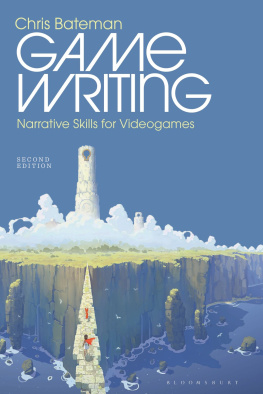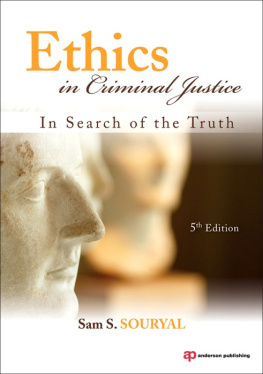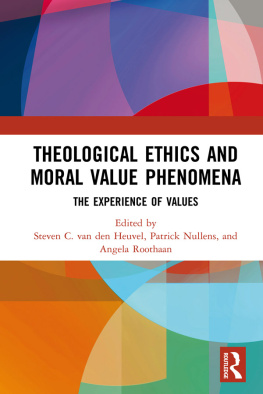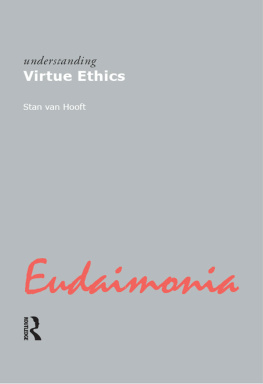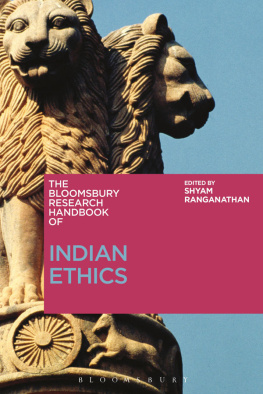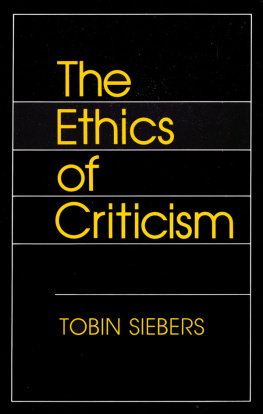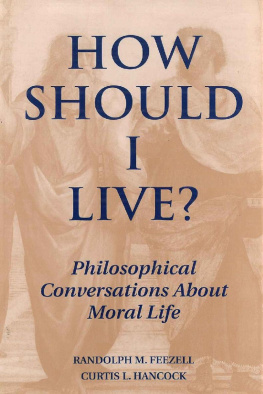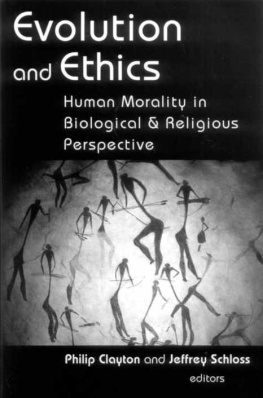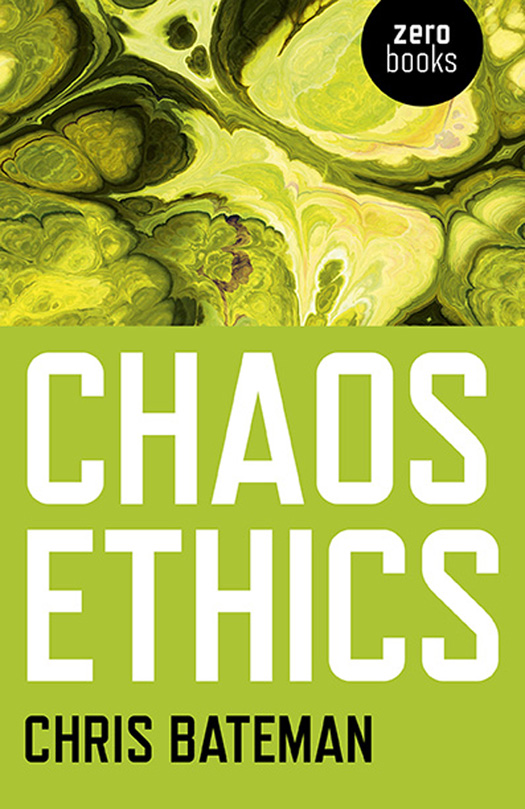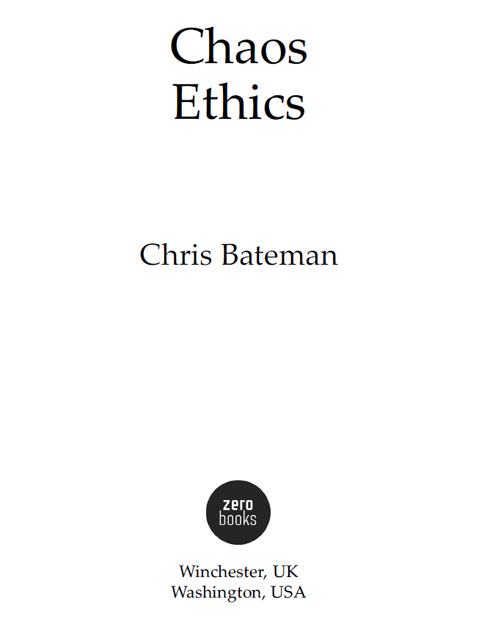WHAT PEOPLE ARE SAYING ABOUT
CHAOS ETHICS
An elegant yet passionate defense of ethics, the book carefully considers various conflicting accounts of what it means to live a good life before settling on imagination and narrative as chaotic and transient foundations of ethical thinking. Ethics for Bateman is both necessary and necessarily tumultuous; it is also a story which we should try and tell as best we can. Thought-provoking, engaging even if at times controversial, Chaos Ethics is a pleasure to read and to agree and disagree with.
Joanna Zylinska, Professor of New Media and Communications, Goldsmiths, University of London, and author of Bioethics in the Age of New Media and The Ethics of Cultural Studies
A revelatory reading of both my own and others work a genuine philosophy for the 21st century.
Michael Moorcock, award-winning fantasy and literary author
First published by Zero Books, 2014
Zero Books is an imprint of John Hunt Publishing Ltd., Laurel House, Station Approach,
Alresford, Hants, SO24 9JH, UK
www.johnhuntpublishing.com
www.zero-books.net
For distributor details and how to order please visit the Ordering section on our website.
Text copyright: Chris Bateman 2013
ISBN: 978 1 84694 605 9
All rights reserved. Except for brief quotations in critical articles or reviews, no part of this book may be reproduced in any manner without prior written permission from the publishers.
The rights of Chris Bateman as author have been asserted in accordance with the Copyright, Designs and Patents Act 1988.
A CIP catalogue record for this book is available from the British Library.
Design: Stuart Davies
Printed and bound by CPI Group (UK) Ltd, Croydon, CR0 4YY
We operate a distinctive and ethical publishing philosophy in all areas of our business, from our global network of authors to production and worldwide distribution.
Biographical Notes
Chris Bateman is an outsider philosopher, game designer, and author. Graduating with a Masters degree in Artificial Intelligence/Cognitive Science, he has since pursued highly-acclaimed independent research into how and why people play games, and written extensively on the neurobiology of play. In 2009, he was invited to sit on the IEEEs Player Satisfaction Modeling task force, in recognition for his role in establishing this research domain, and in 2013 he became the first person to be awarded a doctorate in play aesthetics.
He has a lifelong interest in mythology and religion, and has travelled the world studying religious practices and beliefs. He has taken part in everything from Native American sweat lodges to Pagan solstice celebrations, as well as visiting Buddhist and Shinto shrines in Japan, and witnessing traditional tribal religions in Africa whilst briefly living in the Sahel Reserve near the Sahara desert.
Chris works in the digital entertainment industry as an expert in game design, narrative and player satisfaction modeling, and has worked on more than forty published games. As a game designer and writer, he is best known for the games Discworld Noir and Ghost Master, as well as the books Game Writing: Narrative Skills for Videogames, 21st Century Game Design and Beyond Game Design. He also conducts research and teaches at the University of Bolton.
His work in philosophy includes Imaginary Games, which explores the relationship between art and play, and The Mythology of Evolution, which examines the role of imagination in the evolutionary sciences. His blog Only a Game (http://onlyagame.typepad.com) deals with both philosophy and game design, and contains a prolific array of articles, many of which have been featured elsewhere.
Preface
In 1874, the Yorkshire-born philosopher Henry Sidgwick published the book that is viewed as the culmination of the classical utilitarian tradition, The Methods of Ethics. In his original conclusion, Sidgwick worried that there might be an irreconcilable conflict between self-interest and moral duty, one that threatened to undermine any belief that the imperfect moral order we encounter in the world could be reconciled with the perfection of Universal Reason. This conclusion depressed him, and he ended the first edition by lamenting that:
the Cosmos of Duty is thus really reduced to a Chaos: and the prolonged effort of the human intellect to frame a perfect ideal of rational conduct is seen to have been foredoomed to inevitable failure. (Sidgwick, 1874).
In a way, my stepping point for this book of moral philosophy is to challenge Sidgwicks pessimism by asking: would moral chaos really be such a disaster? To put this same question the other way around: is a perfect ideal of rational conduct necessarily a good thing? It seems to me, viewing our world from a very different vantage point to Sidgwick, that the exactitude of moral order that this and many other brilliant academics have craved would risk a disaster far worse than mere chaos which, we ought to bear in mind, is precisely what we find ourselves in, and always have.
We have always lived in chaos and tried to condition it with order. However, we used to believe that behind that chaos was a perfect order that we merely failed to live up to, something I find increasingly difficult to accept. Instead, I want to suggest that behind our flawed attempts at law might also hide a perfect chaos, and the challenge facing us now is not to become masters of order, nor indeed to become masters of chaos, but to become masters at balancing order and chaos. To attain this, we must first understand both the moral law and moral chaos and this means exploring not only ethical traditions built on order, but also those ethics that thrive in its absence.
However, Sidgwick is not really the beginning of my story, and were it not for Derek Parfits love of Sidgwicks great, drab book (Parfit, 2011) I might never have encountered the above quote, which so wickedly incited my mischievous nature. No, like so much of my life, this story begins for me with a game and not just any game, either, but Dungeons & Dragons (Gygax and Arneson, 1974), the most influential game in the history of game design. As a game designer by profession (whilst also a philosopher by vocation), Ive spent a considerable amount of time explicating the numerous connections between Dungeons & Dragons or D&D for short and the design of contemporary games, and indeed dedicate a section of my first book of philosophy, Imaginary Games (2011), to discussing this strange and wonderful history. But I never thought that this game would also provide the circumstances that would lead to my first book in moral philosophy.
Zero Books had already accepted two proposals from me, but I was keen to get them to take a book of ethics as well, since it was a topic Id been enjoying writing about for some time. The trouble was, the way Id presented my proposal was either too esoteric for any prospective audience or not radical enough for the tastes of Zeros editor-in-chief. I had the basis for the book worked out, but what I was missing was a title something less enigmatic than my draft title Enemy: A Morality Tale, but more exciting than my suggested alternative Universal Ethics


